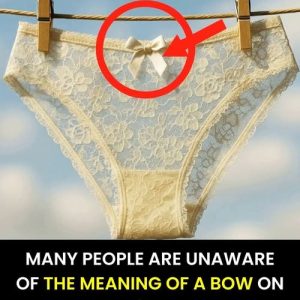The controversy erupted from what seemed like an innocuous late-night joke by Jimmy Kimmel, a kind of sarcastic commentary he’s known for. But the timing couldn’t have been worse: the country was already bracing for the release of Jeffrey Epstein-related documents, and Congress was fast-tracking the Epstein Files Transparency Act. In that tense political climate, a throwaway joke by a comedian wasn’t just humor — it became a fuse. The public was already primed to overreact, so Kimmel’s quip turned into something much bigger than a punchline.
Donald Trump wasted no time turning the moment into a full-blown political showdown. Responding on his platform Truth Social, he attacked Kimmel’s talent, derided ABC as “fake,” and demanded the late-night host be taken off the air. The feud quickly escalated — it wasn’t just personal, it was institutional. Trump broadened his criticism to include other ABC journalists and late-night hosts, shifting the conversation away from policy and back toward personalities. Media figures were unexpectedly pulled into a war, even while serious matters like Epstein’s connection to power remained unresolved.
ABC responded by framing Trump’s attacks as political theater — a distraction rooted more in ego than in substance. Kimmel, meanwhile, leaned fully into the chaos, turning the feud into recurring comedy material that both mocked the backlash and exposed its absurdity. But underneath the laughter was serious tension. What unfolded wasn’t just entertainment; it became a microcosm of a deeper national problem: jokes acting as political triggers, and political statements echoing like stand-up routines. The lines between news, critique, and performance started to blur.
At the heart of all this, though, was the Epstein scandal. It’s not just tabloid fodder — Epstein represents entrenched power, cover-ups, and a breakdown of public trust. Every time the files resurface, they reopen wounds about who knew what, and how the wealthy might evade accountability. The Kimmel–Trump spat felt less like a celebrity spat and more like the release of pent-up national anxiety. People weren’t just reacting to jokes; they were reacting to longstanding frustrations about justice, secrecy, and elite protection.
But this feud also became a distraction layered atop those bigger issues. Instead of focusing on the Epstein documents or systemic reform, the public and media were lured into debating who delivered the sharper insult. For many, Trump’s attacks on Kimmel reinforced his fight-against-the-media narrative. For others, Kimmel’s jabs confirmed his role as a truth-teller using humor to expose hypocrisy. In both cases, real policy and accountability gave way to performative outrage. The moment underscored how much political discourse has become a show — one in which spectacle often drowns out substance.
Ultimately, the Kimmel–Trump conflict reflects a broader cultural shift: the near-collapse of boundaries between power and entertainment. Politics now often feels like a reality show, built on drama and provocation. Comedy, once a space for critique and relief, has become a political battleground. When presidents wield their platforms like talk-show hosts, and comedians deliver barbs like political operatives, both sides risk forgetting their roles: governance, and honest reflection. The real danger isn’t who “won” the feud — it’s that we may be losing our ability to separate laughter from outrage, to distinguish performance from truth. As these lines dissolve, the louder noise only buries the quieter, harder realities that demand our attention.




